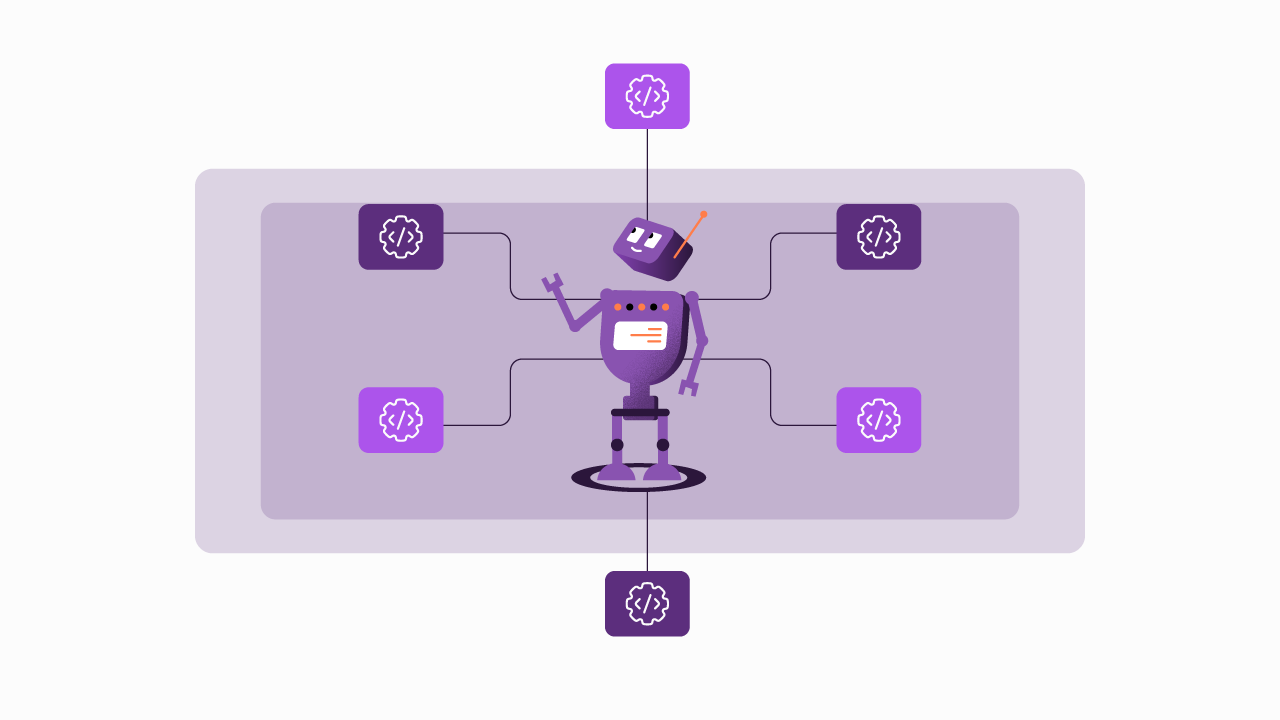Navigating the Dynamic Landscape of API Management Platforms
Navigating the Dynamic Landscape of API Management Platforms
The API Management Platform market has been consolidating year after year, and ample evidence shows that it has been growing consistently. Among these pieces of evidence, I can highlight the increasing investments companies have been making in API lifecycle management tools and platforms of this kind.
According to Gartner, the global API Management Market has been experiencing double-digit growth in the past three years, and there are no apparent signs to suggest that 2019 will be much different.
On top of these financial indicators, other signals indicate a growing interest from companies outside this area of expertise. This is evident in recent acquisitions, such as those of Apigee, CA, Mulesoft, and Red Hat, each involving millions and billions of dollars.
While CA and Red Hat are not exclusively focused on the API Management business, they consider this offering a significant part of their overall business strategy. On the other hand, Apigee and Mulesoft derive the majority of their revenue from their API offerings.
As these acquisitions make headlines on the first page of newspapers, another crucial piece of evidence lies in how other players choose to compete for market share. Companies with diverse offerings, such as iPaaS, WAF, ESBs, and others, are incorporating fundamental API Management features to seize a portion of this rapidly and consistently growing market.
But what does the future hold for these API management platforms? As days go by, they are gaining momentum in companies' strategies, becoming more relevant and presenting new challenges in managing APIs.
Once proven to be valuable in companies' strategies, other areas begin to demand APIs, taking the API governance challenge to a whole new level. Perhaps the question arises here: How do you manage all these APIs, and who will be responsible for them?
Is it worth putting together a dedicated API Management Team? Or is it better to give autonomy to other teams? These are questions that do not have specific answers; they obviously demand some experimentation. Understanding the API program and then designing your API governance approach, including robust API monitoring, is necessary.
How have recent acquisitions changed the landscape of API Management Platforms?
Some of the most significant players in the global tech market are targeting the API Management market. This is mainly due to APIs' significant impact on major technology trends; after all, integrations have always been critical to operations.
Currently, some of these global tech players are becoming more focused, investing their efforts in more specific offerings. For instance, SAP, which has an embedded API Management solution, is restructuring to prioritize AI, Blockchain, IoT, and Quantum Computing.
Companies made recent acquisitions with much larger scopes. For example, Broadcom acquired CA, Salesforce acquired Mulesoft, and IBM acquired Red Hat.
In the past, we saw companies with larger scopes choosing which aspects of their offerings were to receive more attention. For those considering API strategy as a crucial part of their business game plan, choosing a platform that ensures its evolution and adaptation to the main trends coming up is a good practice.
What is the main aspect to consider when choosing an API Management solution?
When discussing experimentation and different business models, a question arises: Which is the best API Management solution for me?
This is a question that needs a bit more context to be answered. A good piece of advice here is to look inside your business, to your company's core, and understand how the APIs, specifically IT lifecycle management, fit into that context.
If they play a vital role in your business model, you'll need a partner who deeply understands APIs and how the right API management solutions will transform your business.
Having said that, you'll need to assess some platform attributes and features to make a decision:
- Security
Choose a platform that delivers specific API security solutions; market standards are usually the most efficient ones. An important lesson is not to reinvent the wheel. Some companies even consider the API Management platform as another layer in their "defense in depth" strategy.
- Exposition Speed
If your API strategy will demand 1, 2, or 300 APIs, choosing a platform that facilitates the exposition of those APIs is necessary. After all, time to market is extremely important in innovation scenarios, and being held back for not exposing an API can cause significant disappointment. In this situation, connectors, graphic API design tools, wizards, and other features are fundamental for someone willing to design and expose APIs quickly.
- Facilitated Developer Onboarding
How quickly can your team adapt to a new platform? Usability here is of utmost importance. The chosen API Management platform must deliver all those features you prioritized, and at the same time, it must be easy and simple to implement them. Besides, if you're genuinely considering APIs in your business, you might be looking to increase your "API Specialists Team," and they will have to get used to the API Management platform really, really fast.
- Flexibility between Different Scenarios and Strategy Changes
As many companies are exploring API Management platforms as an "experimentation" and a way to implement a more "agile architecture," your platform must adapt to different scenarios. It should help deliver internal APIs, facilitate partner onboarding, and manage an open innovation model. Many companies start with one type of "Digital Platform," but they also develop other strategies throughout this journey.
- Platform’s Evolution Pace
The platform's evolution is very important. I've mentioned before that the API Management market is evolving rapidly. It means that your API Management platform will have to evolve at the same pace if you want to keep up with the latest trends and innovation use cases and maintain support for the most consolidated standards simultaneously. In those scenarios, companies with little focus on API Management platforms might not respond quickly to that.
Why is it important to choose someone with specific API knowledge?
API Management platform is a consolidated market, but don't think for a minute that it is not evolving rapidly. Until recently, GraphQL wasn't even mentioned in the corporate world, but there are already successful stories outside of Facebook, and the same applies to Stream APIs or Service Mesh Architecture.
Those topics come to the forefront when discussing the evolution of API Management. API Management platform that aims to support the most innovative companies should strive to evolve simultaneously.
More than that, it is necessary to identify these trends and understand how they can truly impact the business and draft an adoption roadmap.
If you're adopting APIs to make your company more agile, integrated, and innovative, you'll need an API Management platform that resonates with that: it should be fast to adopt and evolve at this pace.
Begin your API journey with Sensedia
Hop on our kombi bus and let us guide you on an exciting journey to unleash the full power of APIs and modern integrations.
Related content
Check out the content produced by our team.
Embrace an architecture that is agile, scalable, and integrated
Accelerate the delivery of your digital initiatives through less complex and more efficient APIs, microservices, and Integrations that drive your business forward.





.svg)




.png)

